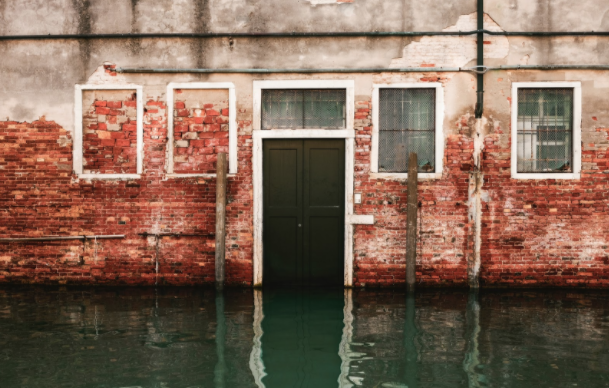
In the Charleston area and throughout South Carolina, flooding is a common occurrence. And while many of us have grown accustomed to dealing with floods, do we really know how to stay safe during a flood?
Here are some tips on how to keep you, your family, and your belongings safe when a flood strikes.
Park Your Car
If you know that there is potential for flooding, go park your car on high ground or in a storied garage. The last thing you want is for your car to get flooded, or worse, float away.
You also want to avoid driving in the even of a flood. Even if the water is just halfway above your tires, it’s best not to drive. Your car could hydroplane,which could lead to a serious accident. The water can also damage your engine and other equipment beneath the hood of your car.
If you have to drive, drive slowly and be careful. Don’t take roads that are prone to flooding, and watch the height of the water.
Protect Your Home
If you are in a two-story home, move any valuables, moveable furniture, and other items that might be damaged to the second floor. If you live on single story floor, place your items you don’t want damaged on high shelves and counters. Have a friend or neighbor with a two-story house? Ask them to keep a few things for you.
Place sandbags at the entrances on the first floor of your home to try to prevent water from getting indoors.
Walk Cautiously
Avoid walking in a flooded area in the first place. If you must walk, do not walk in water 6 inches or higher, and don’t walk in water that appears to be moving. Moving water is often more powerful, and therefore dangerous, than it appears.
Even still water has its risks. If you have to walk, wear waterproof boots to protect yourself from potential contamination in the water.
Beware of Electrical Equipment
Do not touch any wires or electrical equipment, especially if you are wet or if they are in water. You’re likely to electrocute yourself. If you are dry and have access to your home’s power source, turn off your utilities from the main switches and valves.
We may be used to floods in the Lowcountry, but that doesn’t mean they are any less dangerous. If the state or county calls for evacuation, leave the area. Don’t try to wait out a serious flood- your safety is more valuable than your property.

